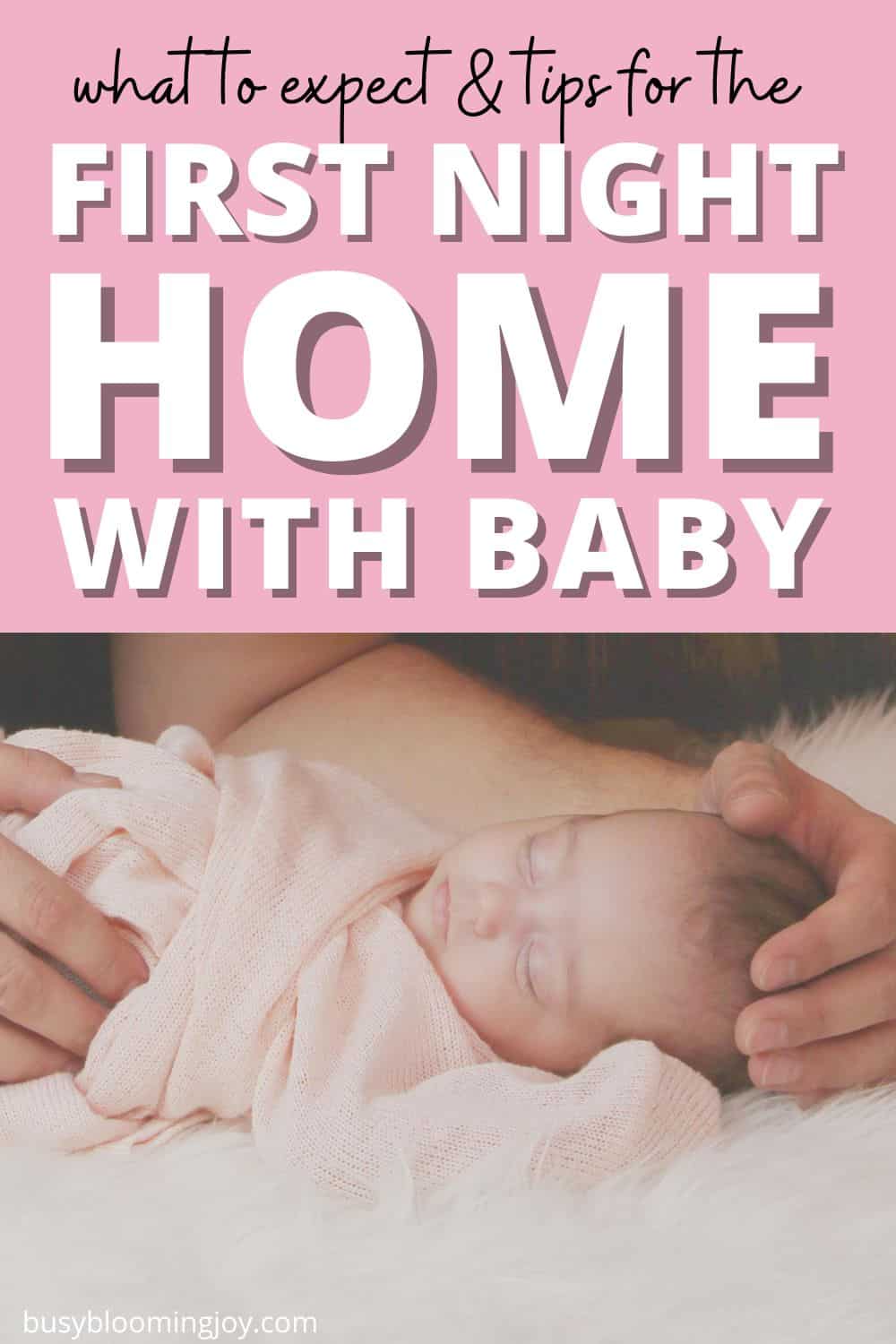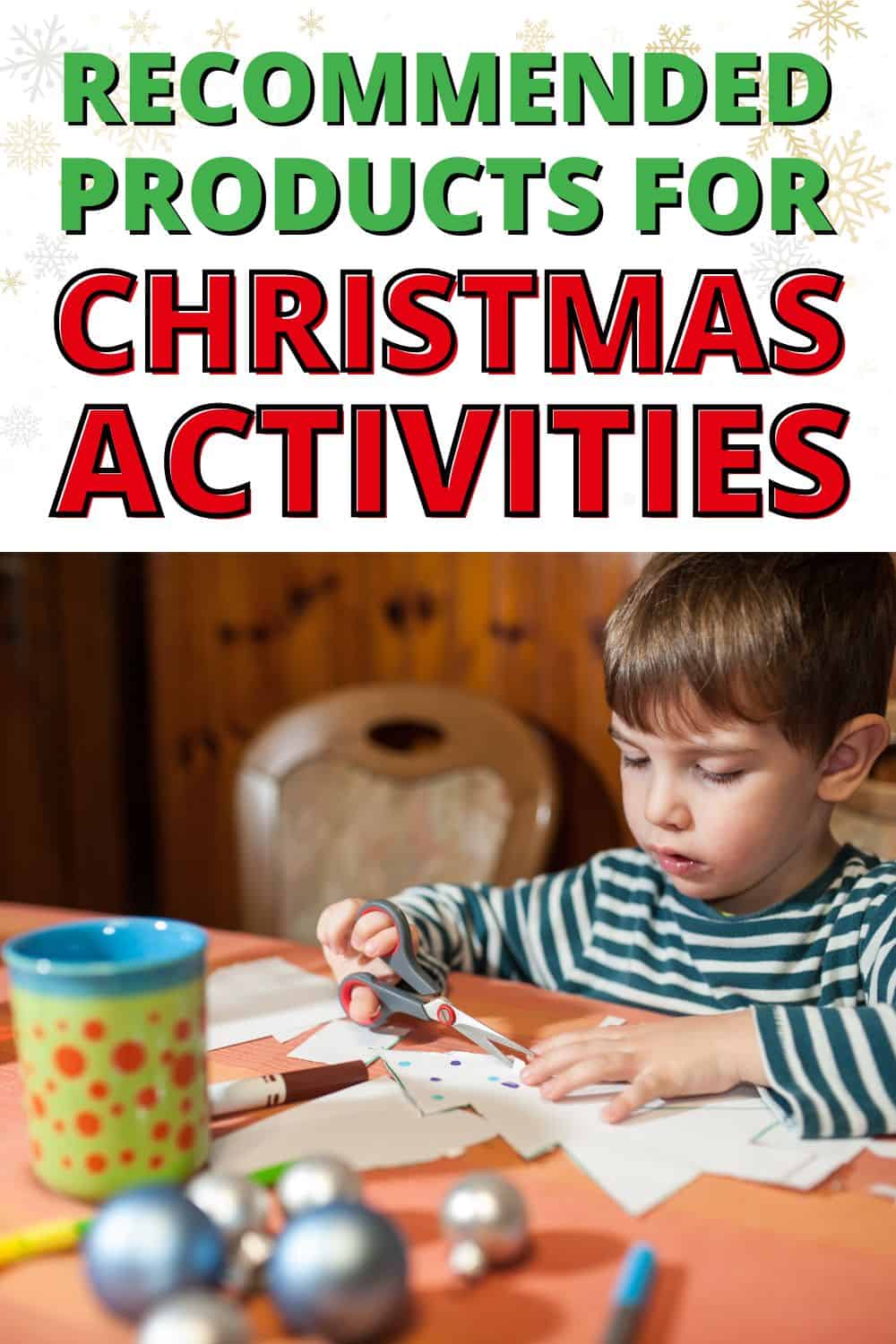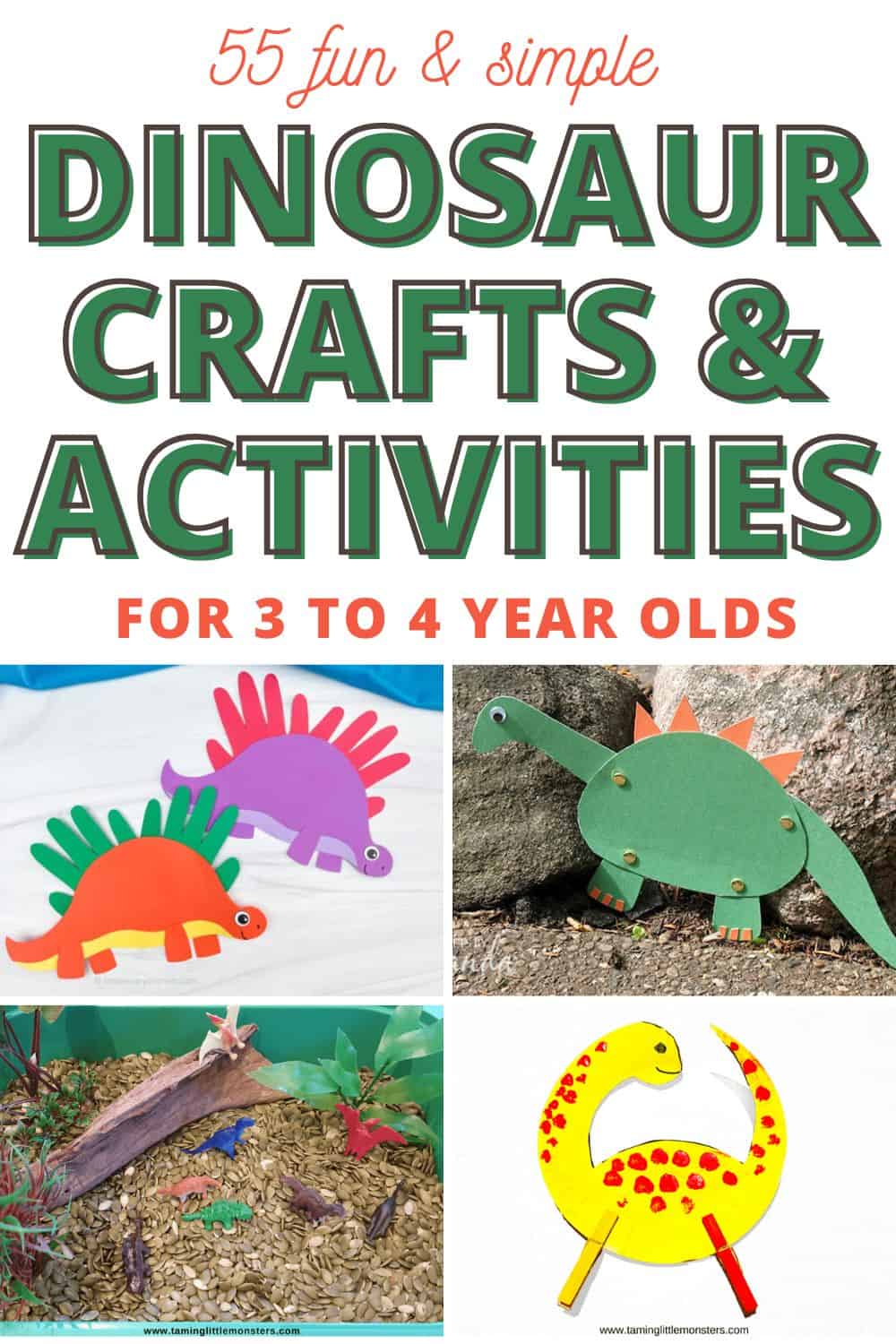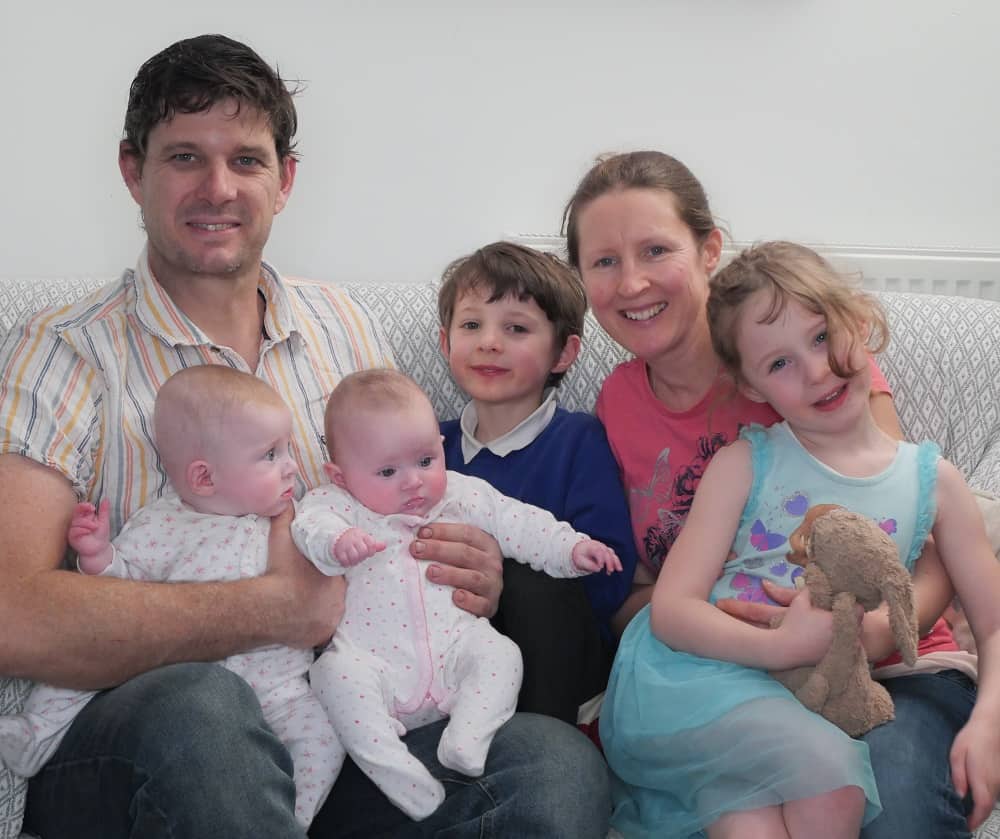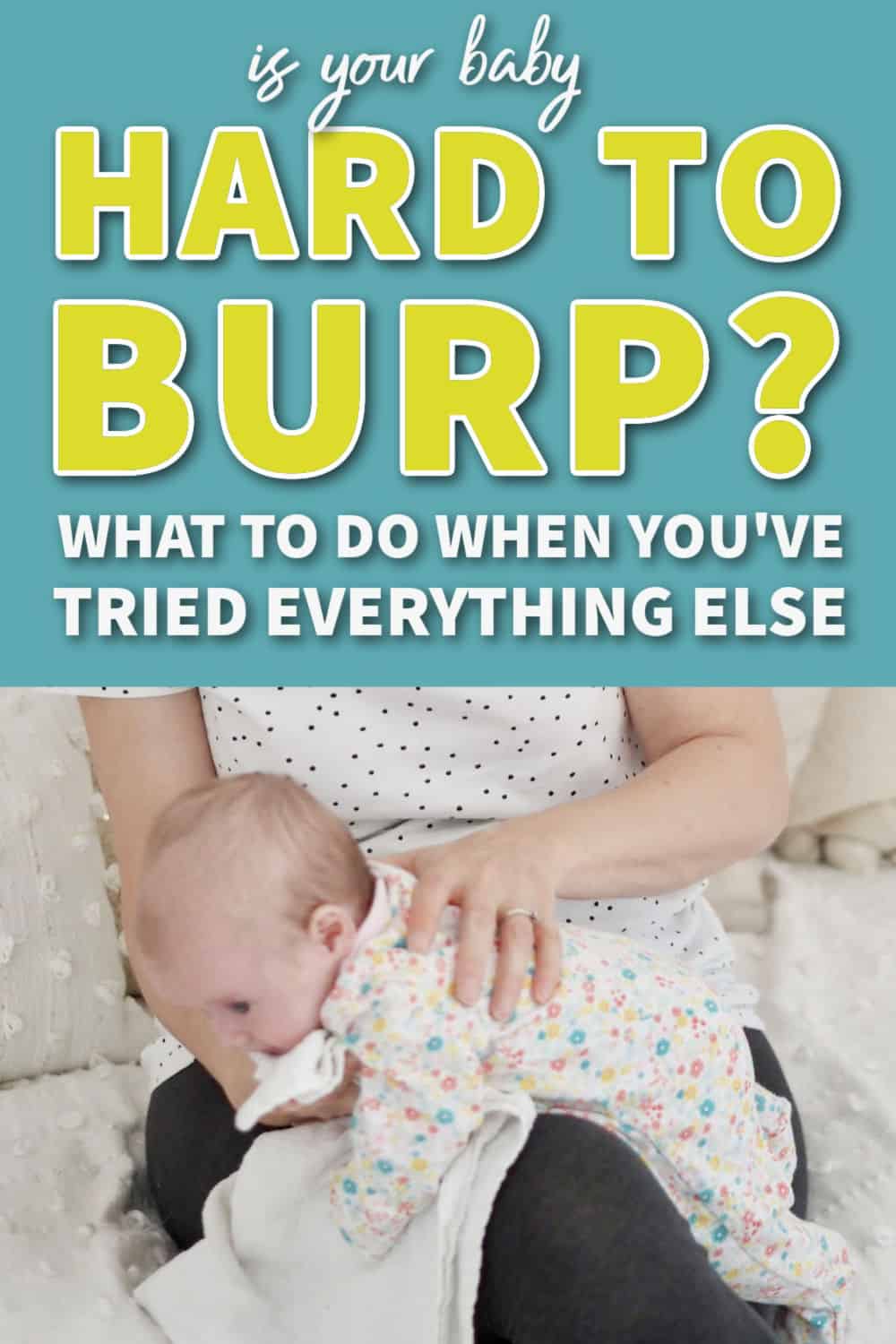There is nothing more exciting than walking out of the hospital with your newborn baby soundly asleep. The last nine months of preparation have led you to this wonderful and special moment.
However, I know how daunting that first night home with your newborn baby can be. I remember feeling totally unprepared, getting home and thinking ‘right, what do I do now!’
And I don’t think that’s uncommon. We’ve been looked after throughout our pregnancies and we’ve prepared for birth with lists and birth choices. In the hospital, we’ve had an army of professionals to hold our hands. It is no wonder that we suddenly feel overwhelmed by going it alone.
Firstly, I hope it is reassuring to remember that almost every new parent will go through these same emotions. Feeling anxious is totally normal. And, like anything you do for the first time, it takes a bit of time to get into the swing of things.
To try and make those first 24 hours at home with your newborn a little bit easier, here are a few things to expect, plus tips to help your prepare for that first night home.
This post contains affiliate links. If you click on one and make a purchase, we may receive a commission at no extra cost to you.
Table of Contents
ToggleWhat’s the first thing to do when you bring a baby home?
Celebrate! If there is ever an occasion to pop open a bottle of champagne, it is now. You have arrived home with your gorgeous new bundle of joy, a moment you have been waiting a long time for, so enjoy it and celebrate it.
Whatever your way of celebrating, it may just be with the first decent cup of tea you’ve had in days, try and take some time just to relax, enjoy it and take it all in.
You don’t need to worry about bathing baby just yet – learning how to sponge bath your newborn can wait a day. Hopefully, you’re reading this in advance of your newborn arriving and that first night home, in which case you will have your baby’s sleep space set up, diaper stations and snacks all ready for the night ahead.
So all that’s left is to have a good meal and then bed for the both of you. Whatever that first night has in store, food and sleep will be good preparation. If you’re not that hungry, you may want to have a proper meal ready to heat up quickly in case the snacks aren’t enough. (The midnight munchies can be quite something with a newborn!)
Is the first night home with baby the hardest?
I think the first night at home with a newborn can be the hardest as neither of you has done this before. You’re both learning what to do, causing a certain amount of stress and anxiety.
You are learning how to feed, you are trying to learn your baby’s cues and figure out what each cry means. You probably don’t want to leave your baby’s side even for a minute, possibly even too scared to sleep.
As you begin to build confidence, relax, and get to grips with things, it does on the whole get easier. Promise!
What to expect on your first night home with your newborn baby
As overwhelming as it might feel, if you think about it, newborn babies are actually relatively straightforward. They basically do 3 things – sleep, eat and poop.
Of course, accommodating those needs isn’t necessarily easy! If you’re breastfeeding, just that side of things can take a lot to master.
Routine is something you’ll hear many Moms talk about and although the first night is far too early to start worrying about sleep and feeding routines and schedules, you will soon get into your own rhythm and routine regarding feeds and diaper changes.
Here are some expectations around newborn sleep and feeding for the early days and weeks, which will give you an idea of what to expect on your first night home with baby.

1. Newborns are really sleepy the first few days, weeks even
Newborns are typically very sleepy – it’s not uncommon for them to be sleeping pretty much all the time and only wake for feeds, and then barely so. They may drift in and out of sleep while sucking away and rarely open their eyes.
You may even worry, is my baby sleeping too much? Or should my baby have some time awake? But in those early days, the only time you need to wake your baby is if they are due a feed, as per advice from your doctor (see below).
Related post: Baffled by how much sleep baby needs? Baby sleep chart to the rescue!
2. Day night confusion is not uncommon
Newborns are often born with day-night confusion, meaning that they’re more awake at night than in the day. They may feed more at night and have short periods of wakefulness at night. This is more common after the first initial days or weeks of sleepiness have passed.
Although day-night confusion will correct itself over time, you can try to speed up the process by encouraging a little wakefulness after daytime feeds and keeping night feeds quiet and dull with minimal stimulation. I.e. don’t play with your baby and encourage late-night parties!
Don’t worry about this on your first night home though, it’s just something to bear in mind for later on.
3. Your newborn will need to eat every 2-3 hours, feeds are slow
Feeding in the early days is long and slow…. be prepared to sit for long periods of time, so get comfortable with some entertainment at hand.
Newborns normally eat every 2-3 hours and each feed can take up to an hour. If your baby hasn’t fallen asleep while feeding, they’ll most likely drop straight back off to sleep once they’re done.
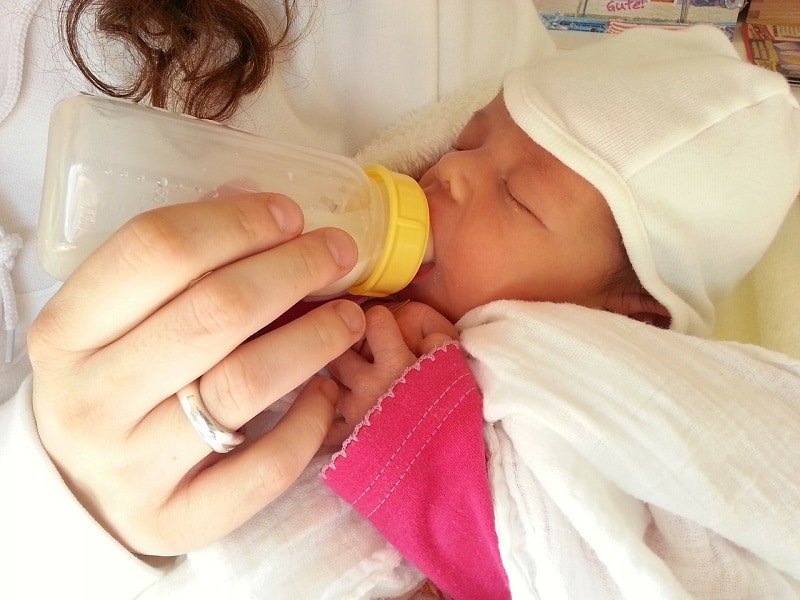
4. You may be advised to wake your baby to eat
If your baby doesn’t wake for a feed, follow the advice given by the hospital. You will probably be advised to wake them to ensure they feed every 2 to 3 hours. This will depend on your baby’s birth weight and weight loss after birth.
Babies born prematurely will almost certainly need to be woken for feeds every 2-3 hours. Again it just depends on birthweight, so follow your doctors advice.
5. Regular breastfeeds are necessary to establish milk supply
If you’re breastfeeding, regardless of what you’re advised for your newborn’s well-being, ensuring your baby eats at least every 3 hours will help build your milk supply.
Milk is produced on a supply and demand basis: the more your baby suckles, the more milk your body will make. For this reason alone, it’s really important to respond to your baby and feed on demand.
6. Cluster feeding is common
It is also not unusual for a baby to want to cluster feed in the evening and at night. This means that they will wake more frequently for feeds and feed for even longer periods. I remember the first night home with my firstborn I sat and fed for what felt like hours…because it was hours! Well over 2 hours into the early hours of the morning…
Feeding more frequently could signal a growth spurt, there are many early on, but simply put, newborns have small tummies that need filling regularly.
The super long feeds are also important supply-building feeds – this is your baby stimulating your body to produce a healthy and abundant supply of milk.
7. Breastfeeding can be tricky and takes practice
Breastfeeding can be one of the biggest challenges for new mothers and getting it correct is so important.
Hopefully, you had some help with your latch and positioning before you left the hospital. Making sure you get a good latch every time is vital, and one of the The 5 Golden Rules For Breasfeeding Your Newborn. It really is the difference between a happy contented baby and a hungry and fussy baby.
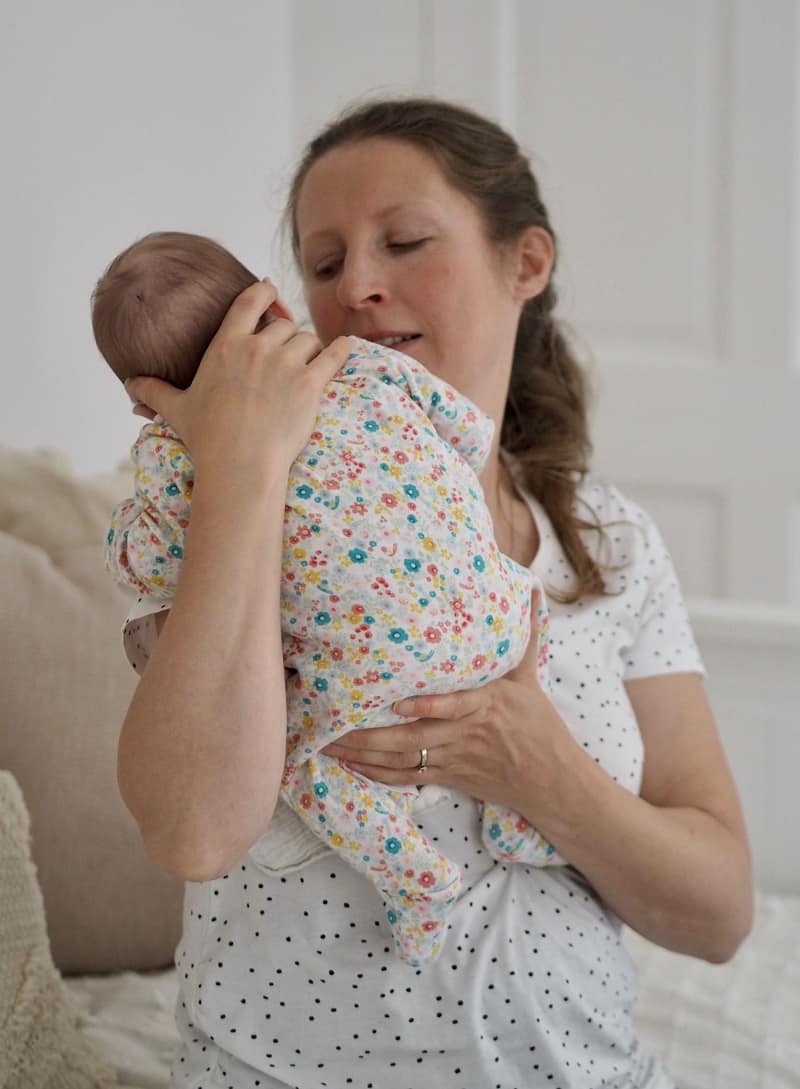
8. It’s good practice to burp your baby during and after every feed
Burping is essential if you’re bottle feeding as babies tend to suck in extra air through this feeding method. If you’re breastfeeding the opinion is a little divided and dependent on your newborn as to how well they feed and their latch. Some say you don’t need to burp a breastfed baby but in my experience, I’ve found that burping has helped avoid a gassy baby, colic and even reflux.
Some babies bring gas up easily, others are hard to burp. Your newborn may well have fallen asleep while feeding but you can and should try to burp a sleeping baby. One way is to try holding your baby on your chest or over your shoulder in a semi-upright position and gently rub their back upwards like you’re trying to squeeze the air bubbles out. Then wait. That may be all it takes for gas to surface.
There are other easy ways you can try holding your newborn to help them burp.
9. You’ll need to check and/or change the diaper at every feed
Your baby’s diaper needs to be changed regularly, between each feed. A good practice to get into is to change your baby’s diaper before each feed. This helps them wake up and feed well. You then also don’t need to disturb them once they’re done eating and all sleepy.
It’s also recommended to keep track of how many wet and dirty diapers your newborn has per day as that’s a really good indicator of how well your baby is feeding.
How long does a newborn sleep the first night home?
Now we’ve covered some of the feeding and sleep expectations for those early days with a newborn it’s a little easier to talk about expectations that very first night home.
It’s very likely your baby will sleep much of the first night, waking for a long slow feed every 2 to 3 hours, before falling fast asleep again. If your newborn doesn’t wake you’ll probably need to wake them, to ensure they eat every 3 hours according to advice from your doctor.
Your baby may cluster feed that first night home – that’s also a possibility – in which case you’ll both spend less time sleeping.
It’s also not uncommon for your baby to want to be held and comforted all night. It’s highly unlikely, but possible, that the first night home with baby you’ll get no sleep at all. Fingers crossed that won’t be you.
It’s normal to feel anxious the first night home with baby
It is hopefully reassuring to know that feeling anxious is completely normal. This is the first time you are doing it on your own without an ‘expert’ readily available at the press of a button, that’s pretty big!
Keep reading for some tips on how to best navigate that first night home with baby and remember that before you know it, this will all be completely second nature.
What should my baby wear to sleep in the first night home?
I remember bringing my eldest home in the middle of a heatwave and constantly questioning what he should be wearing. The general rule for how many layers a baby should wear is 1 more than you’re comfortable in. If you’re sleeping in pajamas with a duvet, your newborn will probably need a vest, sleepsuit, and sleeping bag or swaddle blanket.
You can also keep a thermometer in the bedroom and follow this guide.
When dressing your baby for bedtime, think about the practicalities. You are going to want something easy to get on and off, in case a full outfit change is needed, without too much disturbance to your newborn.
Check out our post What should a newborn baby wear to sleep in bed at night? for more help on navigating the different sleepwear options.
Should you swaddle a newborn?
A swaddle is the ultimate comforter for a newborn baby. They have just spent 9 months in a warm and cozy environment, and are not yet used to the big wide world. Wrapping your baby up like a baby burrito provides a similar snug environment, helping them feel safe and secure, and helping them to settle.
Swaddling can also help your baby to sleep for longer stretches by preventing the Moro reflex from waking them. This is when a noise, sudden movement or even light startles your newborn causing them to throw out their arms and legs, often waking and upsetting them.
With it’s ability to soothe and reduce the number of wake ups, swaddling is one of my top baby sleep strategies, helping your baby to sleep through the night when physically able as well as settle without your help, or “self-settle“.
A swaddle is more suitable than a sleepsack for those newborn months. For more info, check out: What’s better: A swaddle or sleep sack for a newborn? (And swaddle sleep sacks – what are they?)
Where should my newborn baby sleep?
Safe Sleep Recommendations state that newborn babies should be in the same room as their parents for a minimum of 6 months, but in their own separate sleep space. Bed-sharing is not seen as safe and is not recommended for babies under the age of 1.
According to the American Academy of Pediatrics, it is safe for infants to sleep in their own crib, play yard, bassinet, or bedside sleeper, as long as it conforms to the safety standards of the Consumer Product Safety Commission (CPSC).
A safe sleeping environment has/is:
- a firm and flat mattress
- a taut sheet
- completely clear of any toys, pillows, loose bedding or padded crib bumper (the mesh ones are fine)
Can my newborn sleep in my arms?
The chances are that your newborn will fall asleep in your arms after a feed. It is absolutely fine for your baby to sleep in your arms whilst you are awake however, if there is any risk of you falling asleep, you should transfer your baby to their crib or bassinet.
Once past the really sleepy stage, some newborns are much happier settled in the arms of mom or dad. You might find that every time you put them down in their crib or bassinet, they instantly wake up. This is where swaddling really comes into its own.
However, you may still find that the only way to settle your baby is with them sleeping in your arms or lying on top of you. If this is your reality, it’s important you stay awake for your baby’s safety. Take it in turns with your partner so that you both get some sleep.
If this happens for longer than a few nights, I’d recommend trying the tips in this post to learn How To Get Your Newborn Baby To Sleep Without Being Held.
Do I need to watch my newborn all night?
You may feel too scared to sleep that first night home with baby and although it may be difficult not to watch your baby all night long, you really need to try and get some sleep. As long as your baby is in a safe sleeping environment (see the advice on this above) and you can hear them when they cry, there is no need to stay up and keep watch.
Prep to make the first night home with your newborn baby as easy as possible
To summarise what you can expect from the first night home with your newborn baby, you’re going to be up at least every 2-3 hours, sometimes more frequently, to feed your baby as well as change their diaper. Expect feeds to be long and slow.
The following will help the first 24 hours with your newborn at home, including that first night.

Make sure baby is feeding well before you leave the hospital
The most important thing when nursing your baby is to make sure they are feeding well. And a contented suckling baby does not always equate to a baby who is feeding well.
As already mentioned above, the key to ensuring that your baby feeds well is a good latch, and it is important to be able to recognize from the start when your baby does not have a good latch.
Take time to get it right. At this stage, you and your baby are both learning and it is much better to take the time to figure it out now than try and fix it further down the line. Other than a possible slight discomfort when baby first latches, breastfeeding should not be painful. If it hurts, unlatch and start again.
My number one piece of advice with feeding is to make sure you are comfortable with feeding and can recognize a good and bad latch before you leave the hospital. Any concerns or pain then speak to someone at the hospital and get some help, you are in the best place for it.
Related post: Newborn Breastfeeding: The 5 Golden Rules For Success from the Start.
Consider a co-sleeper
If you are reading this in advance of buying your baby’s crib or bassinet, you may want to consider getting a co-sleeper for the early months.
A co-sleeper is essentially a baby crib that safely attaches to your bed giving you a physical closeness, whilst giving your baby its own space, and therefore avoiding the risks of bed-sharing. Having your baby so close to you can really help ease the anxiety of those early days, and it is amazing how much better you will sleep because of it.
A co-sleeper can also make night feeds much easier, especially in the early days when recovering from birth, particularly if you had a c-section.
Related Post: Baby bassinet vs. Co-sleeper: 5 important considerations
Learn to swaddle
As already talked about above, swaddling is a fantastic way to soothe your baby by imitating the snug environment that they have gotten used to over the past 9 months, as well as preventing the Moro reflex from waking them.
It can take a bit of practice to perfect – I’d definitely advise asking someone at the hospital to show you how to swaddle and have a practice before you go home. It’s easy to think your baby doesn’t like being swaddled, but often it’s a case of the swaddle being too small or not firm enough and therefore easy to escape from.
Check out our free swaddle course which includes step-by-step video tutorials on our favorite techniques and troubleshoots common swaddle issues.
Related post: Baby sleep strategies: How to help your baby sleep through the night in 10 steps (NO CIO)
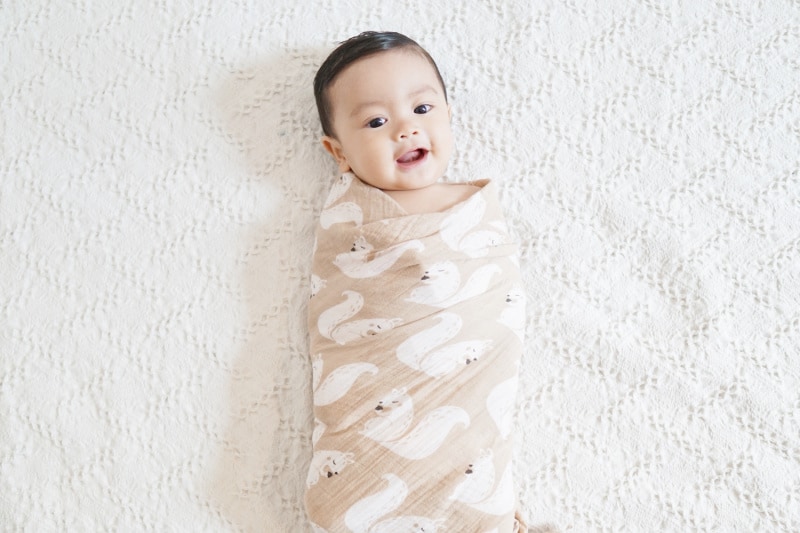
Set up your baby’s sleep space for sleep success
In addition to swaddling, there are other things you can do to recreate the soothing and comforting environment that your baby has been used to in the womb.
1. White noise
The womb was noisy with lots of whooshing and swooshing. Think volume of a good shower. White noise can do a good job of providing that consistent loud background noise that newborns were used to. White noise also blocks out any loud and sudden disruptive noises.
This is the portable white noise machine I’m currently using with our twins – it has lots of different white noise options as well as lullabies and a nightlight.
2. Pitch black
Not only is the womb noisy, but it’s also pitch black. The dark will be soothing to your newborn. In the early days, including that first night home with your newborn, light isn’t too much of a problem. They’re normally so sleepy that light won’t be that disturbing, but still you want to ensure that there are no glaring lights above them, night or day.
Remember your newborn will be lying on their back staring into ceiling lights, so if you have spotlights or ceiling lights that leave the bulb exposed, turn them off and use table lamps instead.
So for night feeds, keep the lights dim and/or use a nightlight.
However, once those initial first sleepy weeks have passed, the darker their sleep space the better, both for naps in the day and night sleep. Do the hand test: stretch your arm out in front of you with your hand up. If you can see your hand, it’s not dark enough.
Investing in some good blackout shades or nursery curtains is a must.
Set up a caddy by your bed for everything you’ll need at night (including snacks!)
It’s a good idea to have all the things you might need at night close at hand for those middle-of-the-night feeds. Even if you have room for a nursing chair in your bedroom, you may prefer to feed your newborn when in bed. If you’re using a co-sleeper you can get baby in or out of it without leaving the comfort of your own bed, as well as breastfeed them, if you have everything to hand.
Even if you need to get up to change baby’s diaper or prepare a bottle, having the essentials at arms reach when you’re bleary-eyed in the middle of the night really helps. Things like a lanolin-based nipple cream, muslins, for burping/to wipe up spit-up, a nightlight (this white noise machine has a nightlight) as well as snacks and water for you.
Don’t underestimate how many snacks you’re going to want to eat when recovering postpartum and how thirsty you’ll be if you’re breastfeeding!
Download a free app for feeds & diaper changes
It can be difficult in the early days, weeks and months to remember when you did what. You’re going to do so many feeds and so many diaper changes it can become a bit of a blur. A free app can really help.
Following the advice to feed your newborn every 2-3 hours (as advised when you leave the hospital as well as to build up your milk supply if you’re breastfeeding) you simply press “start” when you start the feed, “stop” when you stop. The “start” time is the important one, as feed times are from the start of one feed to the start of the next.
You can also use the app to track wet and dirty diapers and when your baby is a little older and a bit more awake, you can then use it to keep track of “awake times” in order to avoid overtiredness.
I used Baby Day Book with all 4 of mine, but there are plenty more to choose from. The free version should be just fine.
Fill the freezer with pre-prepared, easy-to-heat-up, nutritious meals
This is an essential baby prep task that you’ve hopefully got on your radar, but it’s also important for that first night at home with your newborn. You may have not had great hospital food, not eaten enough and may only arrive home that night late and absolutely ravenous. If you’re really hungry, snacks are not going to cut it. You may even be hungry enough for a proper meal in the middle of the night.
As soon as you get home you may want to get out one of your freezer meals to defrost, so it’s on hand to heat up and eat whenever hunger strikes.
Related post: Preparing for baby? 15 must-do pre-baby tasks to make new mom life a breeze
Tips for surviving the first night at home with your newborn baby
Prepping well for your baby coming home for the first time can pay dividends and relieve some of the anxiety. Here are some tips to navigate that first night.
Take Turns
Make sure you have someone with you that first night home with baby, your partner or a family member, who can share the load with you. You need some sleep, and even if it is just a few hours here and there to start with, every little helps.
If you are breastfeeding you will of course need to do the feeds, but your partner can do the diaper changes and any other tasks to give you a bit of a break.

Skin-to-skin contact
The benefits of skin-to-skin contact directly after birth, and in the days following, are often talked about and have been proven to have positive effects for Mom and baby long after birth.
The evidence shows that skin-to-skin contact can help establish the feeding process, will regulate your baby’s temperature, heart rate, and breathing, and is the ultimate soother for both Mom and baby.
Skin-to-skin time with Dad is also important for creating the paternal bond, and has many of the same benefits as with Mom, such as regulating the baby’s heartbeat and temperature. So don’t feel guilty about taking a break and handing over to Dad for a bit!
Understand it takes time
It is really important to remember that all of this takes time, and you are not expected to have it all figured out the first night home with baby. You’re still getting to know each other and are both learning, so try to remember that and enjoy the bonding time.
It won’t be long before you have mastered the swaddle, got into the swing of things with feeding, and have managed to snatch a bit more sleep.
Once your baby is feeding well, around every 2-3 hours, and is having short periods of time awake occasionally you may want to think about introducing a sleep and feeding schedule. This will help you get into a positive routine, encourage longer spells of sleep and help you recognize more easily when your baby is tired, hungry or overstimulated.
Don’t expect too much
The first night at home can be stressful. You may be feeling anxious, and your baby is in a strange new environment.
Your baby may want to be held and comforted or fed for much of the night. If you do manage to get your baby settled in the crib that first night home, chances are you will be constantly checking on him or her, and not sleep as well as you would have liked.
It is perfectly normal for babies to want to be held and for parents to be anxious, this is an adjustment period for you all so try to relax and just go with it. As previously mentioned, make sure you have support lined up, and take it in turns to be on duty whilst the other gets some sleep.

What do I do if my baby won’t stop crying the first night at home?
I think most parents’ biggest worry when bringing their new baby home for the first time is that they simply won’t stop crying and they won’t know what to do.
Firstly, babies do cry quite a bit and that is completely normal, it is the only way they have to communicate with us. And secondly, thankfully more often than not, the reason they are crying can be fixed pretty quickly. During the early days especially, it is most likely that they’re hungry, need to burp or want a cuddle and to be held.
So what do you do if your baby starts crying?
If your baby is crying the first night home or subsequent nights, here’s a handy checklist with things to look for before trying a feed. If your baby is crying for a reason that isn’t hunger, feeding can cause more discomfort.
- Check your baby’s diaper – a dirty or overly wet diaper you cause your baby discomfort
- Hold your baby and make soothing noises – shushing noises are comforting for your baby
- Burp your baby – trapped wind can make your baby very uncomfortable
- Hold your baby and rock them gently – gentle movement can help soothe your baby to sleep
- Feed your baby – if the above hasn’t worked then it may be that your baby is hungry
Postpartum recovery
Not only do you have a newborn baby to think about, but you also need to try and find some time to look after yourself and give yourself time to recover.
Whether you’ve had a relatively straightforward vaginal birth or you’ve had a c-section, you will most likely feel like you’ve been hit by a bus.
You will be physically exhausted from lack of sleep, and the strains of labor, your muscles will ache, you may well have stitches to contend with or be recovering from surgery and your emotions will be all over the place. Do not be surprised if you burst into tears at the drop of a hat and are cranky with everyone!
Top tips for postpartum recovery:
1. Take your pain medication as directed
Do not try and struggle through without it, you’ve got enough on your plate without having to put up with being in pain. If you think you might forget, set a reminder. It is not worth waiting until your body reminds you that you’ve forgotten!

2. Line up some support
Whether it is your partner or a close loved one, make sure you have someone with you who is able to support you, and take turns with the baby, in those early days. More than ever, you need some sleep and it’s amazing the difference even a short cap nap can make. If you’re breastfeeding, you be needed for feeds, but others can do the diaper changes, winding, and cuddling.
3. Sleep whilst the baby sleeps
I know this is a real cliche but there is some sense in it, particularly in the early days. The housework can wait, your focus needs to be on your baby and your recovery, so if you are not getting much sleep at night, sleep when your baby is asleep during the day.
4. Be prepared with your postpartum essentials
By this I mean pain relief, pads, and creams to relieve the stinging, bring swelling down, and generally soothe. Pads for postpartum bleeding, nipple creams, breast pads, cold gel packs, and anything else that is going to aid your recovery.
Related post: 15 postpartum essentials you just gotta have for a speedy recovery after delivery
The first night home with baby after a C-Section
Recovery from a c-section is different from a vaginal birth and the first few days, in particular, can be difficult – you are recovering from major surgery after all. Having experienced both, I found that the actual length of recovery wasn’t that different (I had an episiotomy and a tear to recover from with the vaginal birth), but the early days were harder after the c-section.
It is likely you will have spent a night or two in the hospital before being sent home, where you could call a midwife to help you at any time of day or night. Sadly they don’t come home with you! Yet you will still need someone to help you lift the baby, particularly at night when getting yourself out of bed is a challenge in itself.
Although I actually found getting up and moving around regularly helped the recovery, rest is also really important so do not push it and do ask for help – even if it means having to wake a happily snoring husband!
What’s not normal the first night home with your newborn (when to get medical advice)
As well as knowing what to expect on your first night at home with your baby, it is also important to know what you shouldn’t expect to see. If you are worried about any of these we would recommend speaking to a medical professional.
Yellow Skin
A yellow tinge to your baby’s skin and the whites of their eyes may be a sign of jaundice. Jaundice is common in newborns and does usually clear up on its own. All cases however should be monitored by a healthcare professional, and some babies will need treatment.
Infected Umbilical Cord
The umbilical cord will fall off on its own accord at around 1-2 weeks and it should be kept clean and dry in the meantime.
If you see any signs of infection, such as a discharge, swelling, or red skin around the cord, then get it checked.
Vomiting
A small amount of vomiting or spit-up is totally normal in newborns, and if it just looks like they’ve brought up a bit of their milk, it’s most likely nothing to worry about. If however your baby is projectile vomiting or there is any hint of an abnormal color, then it is worth calling the doctor.
There is such a thing as mother’s instinct, and you should trust it. If something doesn’t seem right then it is always better to get it checked out.
Feeling more prepared for your first night home with baby?
The first 24 hours with your newborn at home may not be the most relaxing! You may feel scared the first night home with baby. It’s daunting, and it is totally natural to feel anxious and overwhelmed.
The key to making it as smooth as possible is preparation. Make sure everything at home is set up and ready to go before you go into labor, for the baby and for yourself. And ensure that you have some support lined up for those early days, giving yourself time to focus on your recovery as well as your baby. Let others do things for you and spoil you, it doesn’t happen very often!
Remember that it takes time, and you are not expected to have it all figured out in the first 24 hours. The most important thing is to enjoy those newborn cuddles and bonding time with your baby.
Take a deep breath, you’ve got this!
For some more useful new mom tips check these posts out:
- 37 easy tips to help your newborn adjust to the world (for a calm, happy baby)
- Battling the 4th trimester? 6 harsh realities & the tips you need to stay sane
- (Gentle) Sleep Training: What To Do When Your Baby Wakes Up Too Early In The Morning
- How To Get Your Newborn Baby To Sleep Without Being Held (To Save Your Arms & Your Sanity!)
- How to tub bathe a newborn step-by-step & plus baby bath tips for fun, stress-free bathing
- When is it safe to travel with a newborn by plane or car? Plus the best newborn travel tips from a well-traveled mom of 4
- 24 Game-Changing Newborn Hacks For First-Time Parents



